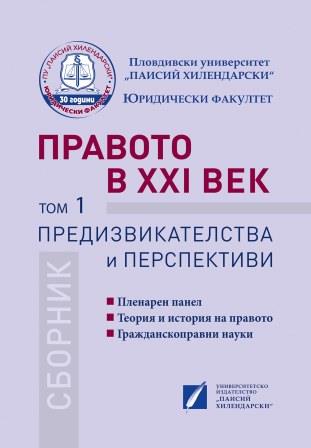Digital Distribution and the First Sale Doctrine
Digital Distribution and the First Sale Doctrine
Author(s): Ergysa Ikonomi
Subject(s): Law, Constitution, Jurisprudence, International Law, Court case
Published by: Пловдивски университет »Паисий Хилендарски«
Keywords: first sale doctrine; exhaustion; court; digital; right of distribution
Summary/Abstract: The first sale doctrine (FSD) originated as a rule to preclude the copyright owner’s continuous right of distribution. It was initially applied by the court and later introduced into law as a legal and fair balance between the copyright owner, who ensures the reward for a copy of the work, and the acquirer of the copy, who becomes the owner of that particular copy, having the right to dispose of it without the authorization of the copyright owner. The doctrine was clear and accepted as fair. The digital era brought a severe challenge to the doctrine. The copies of the works are tangible and intangible, they can be sold or communicated to the public easily from a place and at a time individually chosen by them, and the copies are qualitatively undeterrable. Although the legal efforts to update the laws, the role of the Courts in determining the proper conditions for the FSD application has been pivotal. The paper addresses the digital distribution of copyrighted copies of the works from the perspective of the U.S courts and CJEU, whose decisions have established the rules of a potential e-FSD.
Book: Правото в XXI век
- Page Range: 198-208
- Page Count: 11
- Publication Year: 2023
- Language: English
- Content File-PDF

